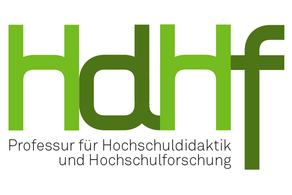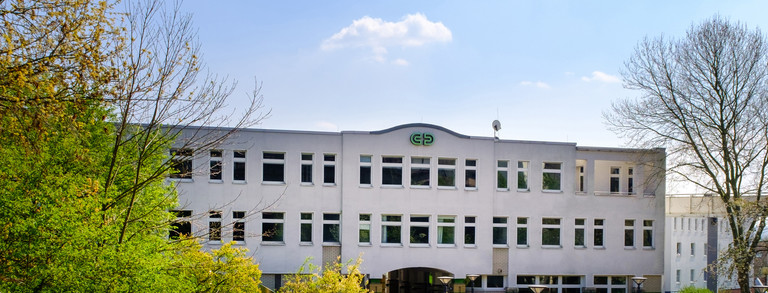Changing Academic Work and Mobility in the Baltic States in the Context of Europeanization
ECER 2014: The Past, the Present and the Future of Educational Research
Network 22 (Research in Higher Education), Session 10 C (Academic Work and Professional Development)
Porto, Portugal
September 3, 2014
Abstract
The Baltic countries after the collapse of the Soviet Union have undergone in some ways a similar path of transition to market economies. They have opened to the Western influences and exchanges, especially after joining the EU. In the higher education sector, universities have ascertained autonomy from the state to various degrees, have participated in the Bologna process, EU Structural Funds projects and EU Framework programmes. The Researcher Charter and Code of Conduction (EC, 2005), the Blue Card Scheme (2009), the Scientific Visa Council Directive (2005) and other European initiatives regarding scientific working conditions have led to policy emulation in European higher education systems. This process has been accompanied by the transmission of ideas of New Public management in which the rise of the 'Evaluative State' has been central and financial constraints resulting from decreasing funding per student and the economic crisis in the past five years. As a result, accountability measures including performance indicators and transformation of working conditions of academic staff have come to the fore. This paper poses the following questions: 1) how have the European policies and programmes affected the national and institutional human resource policies in the Baltic Countries? 2) what effects have these policies had on the international researcher mobility? We largely draw on the policy implementation as well as Europeanisation of higher education and research literature.
Method
The empirical basis for this paper comes from the MORE 2 study (2013) of working conditions of the academic staff in Europe, the survey of Lithuanian scientists' mobility (2013) as well as pertinent literature and document analysis.
Expected Outcomes
We argue, that the Baltic universities have embraced the transformation of university human resources to different degrees partly due to the Europeanization of human resources policies. Although the common trend towards the social, functional and structural differentiation of academic roles and working conditions can be observed, the different paths geared towards transparency of hiring and remuneration of academic staff can be observed. These differences have important implications for international researcher mobility in the Baltic universities.
References
- Leišytė, L. & Dee, J. (2012). Understanding Academic Work in a Changing Institutional Environment. Faculty Autonomy, Productivity and Identity in Europe and the United States. In: J. Smart & M. Paulsen (Eds.), Higher Education: Handbook of Theory and Research (pp. 123-206). Dordrecht: Springer.





